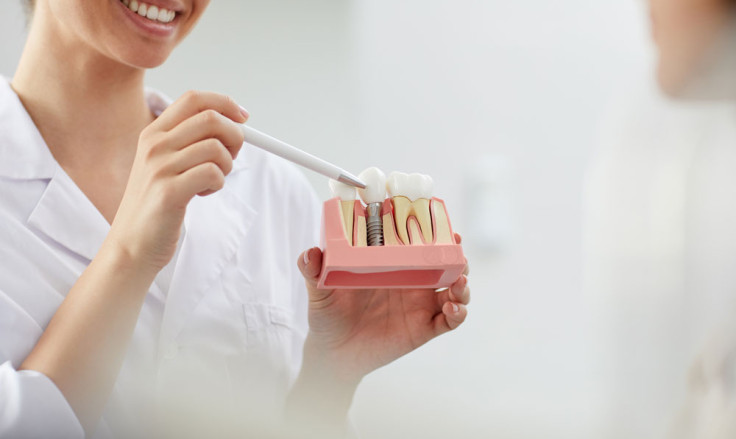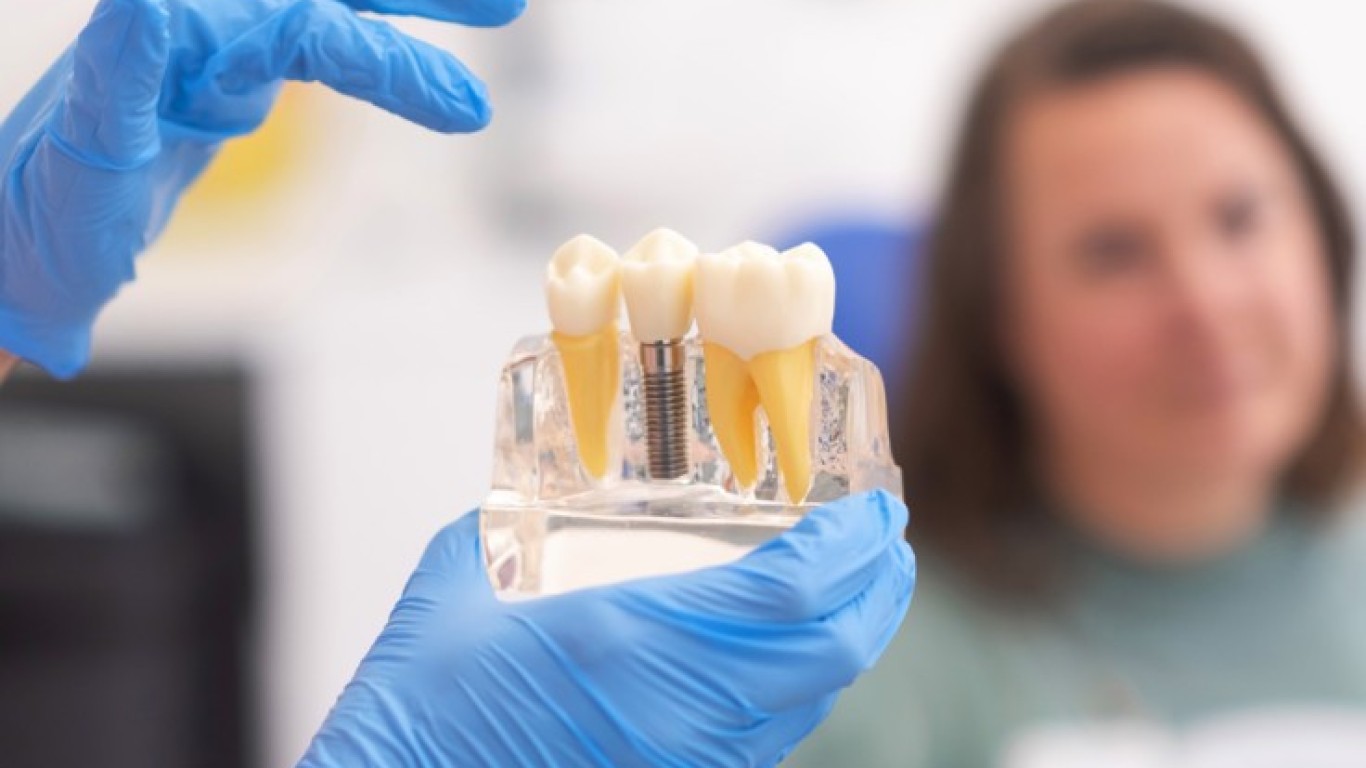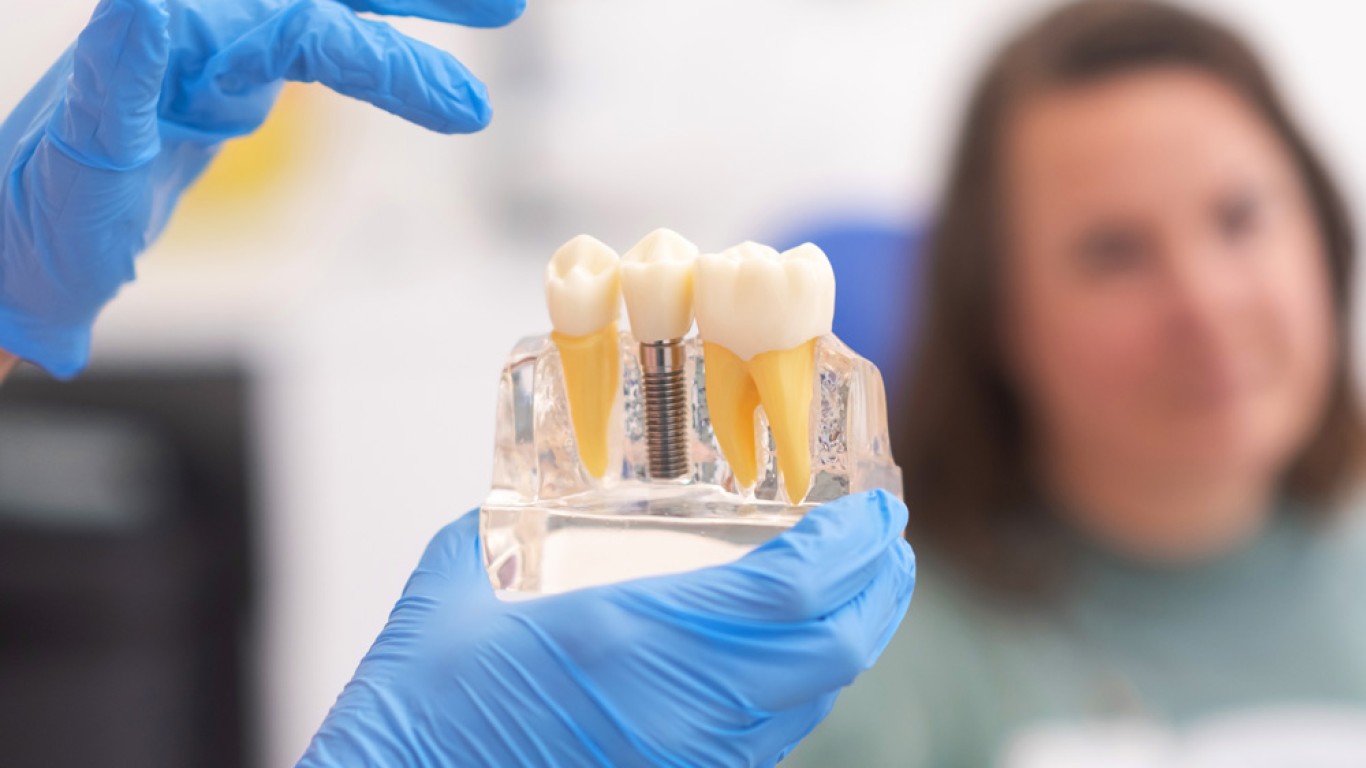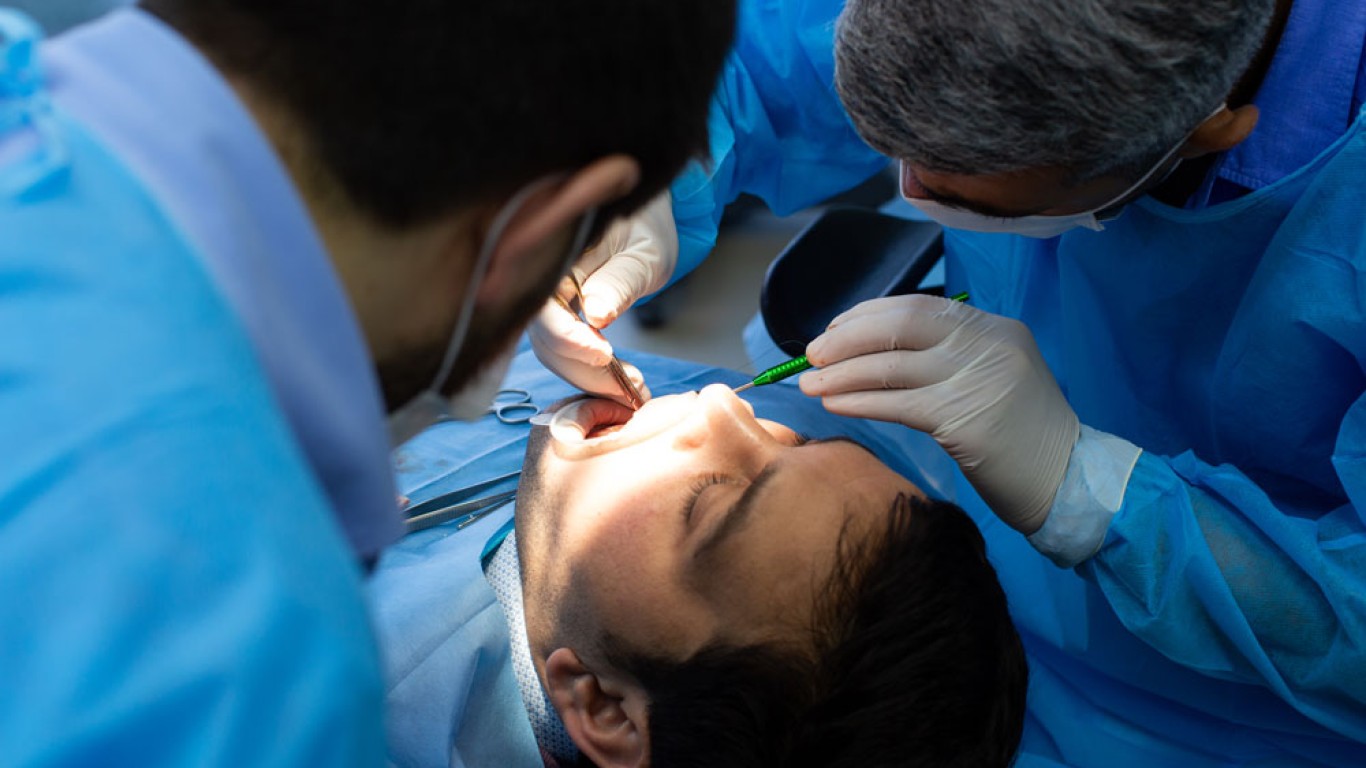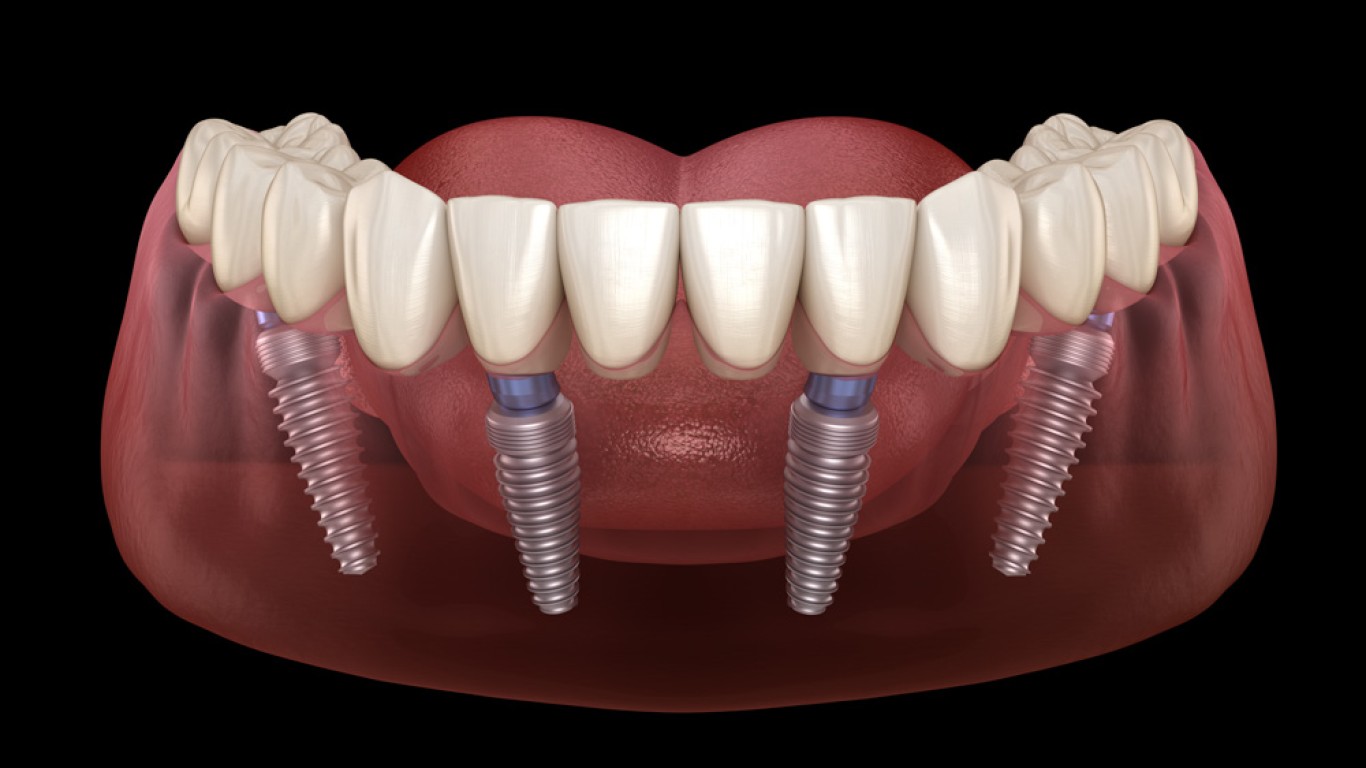Dental technology has greatly evolved, offering a variety of solutions for oral health issues. One of the most transformative solutions is teeth implants. If you're considering this procedure, here are seven crucial things you should know.
1.What Are Teeth Implants?
Teeth implants, commonly known as dental implants, serve as modern solutions to missing teeth. It is typically made of pure titanium and shaped like a screw. These implants are inserted into the jawbone, effectively replacing the root of a lost tooth.
Over time, the jawbone fuses with the titanium post in a process called ‘osseointegration’. Once the implant fully integrates with the bone it provides a solid base. Various dental prostheses can then be added.
2.The Success Rate is High
The realm of dental science has seen remarkable advancements. This makes teeth implants one of the most reliable dental procedures available. The success rate often exceeds 95%.
This depends on the dental health of the individual and the expertise of the dental surgeon. With proper oral hygiene and regular check-ups, implants integrate well and resist decay.
3.Oral Health is Vital
Your overall oral health plays a critical role in the success of the procedure. Healthy gums and enough bone to hold the implant are essential. Periodontal disease or unchecked tooth decay can jeopardise implant integration.
Before the procedure, dentists often recommend treating existing oral conditions to maximise success. Remember, a strong foundation ensures the best results.
4.Getting Teeth Implants a Multi-Step Process
This isn't an instant solution. The procedure involves several steps, often spanning a few months. Once the implant is placed into the jawbone, there's an initial healing period. During this time the bone grows around the implant, securing it in place.
Only after this integration is confirmed can the next step begin. Patience is essential, but the end result is worth the wait.
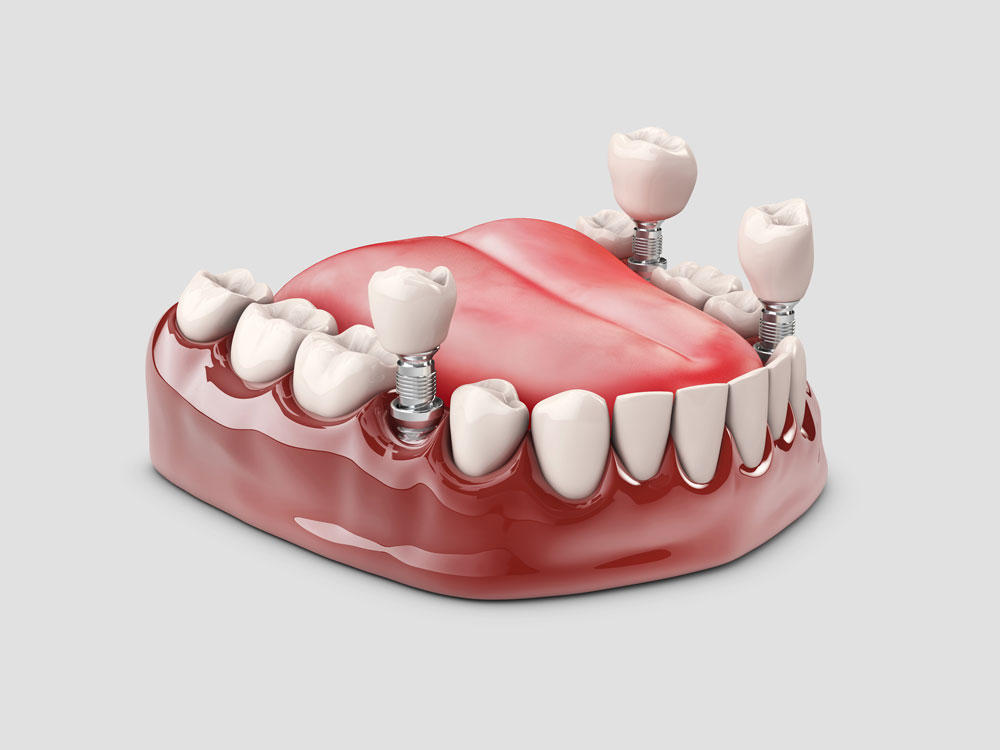 5.Advanced Technology Ensures Implant Precision
5.Advanced Technology Ensures Implant Precision
Modern dentistry utilises advanced technology to ensure implants are precisely placed. This includes 3D imaging and computer-guided implant surgery. These technologies provide dentists with a clear vision and precise measurements for the implant procedure.
This not only increases the success rate but also minimises post-operative discomfort and recovery time. As technology continues to advance, patients can expect even more streamlined and effective implant procedures.
6.Teeth Implants Prevent Bone Loss
A significant advantage of implants is their ability to prevent jawbone loss. When you lose a tooth, the jawbone in the empty space can deteriorate.
Within a year of losing a tooth, the bone area loses 25% volume without an implant. Implants provide the necessary stimulation the jawbone needs. This is similar to natural teeth, thereby preserving its density and health.
7.Teeth Implants Can Be Costly but Worth It
The initial cost of teeth implants may seem higher than other dental solutions. However it is essential to consider their long-term value. Traditional methods like bridges or dentures often require replacements or adjustments over time. This ultimately results in more long-term costs.
In contrast, teeth implants, with their durability and almost natural feel, can last a lifetime. This longevity often makes them a more cost-effective solution in the long run. Furthermore, the confidence and comfort they offer by closely mimicking natural teeth can be invaluable.
To book a consultation with an ACIBADEM healthcare professional, visit the ACIBADEM Beauty Center Dental Implant page.
Frequently Asked Questions
With proper care, dental implants can last a lifetime. However the crown may need replacement after 10-15 years
Most people can, but a thorough dental examination is essential. Those with certain health conditions might need additional evaluations
Local anaesthesia is used during the procedure. Most patients report feeling little to no discomfort during the implant process
Treat them like natural teeth: brush, floss, and have regular dental check-ups
Yes, alternatives include dentures and bridges, but each comes with its advantages and disadvantages
